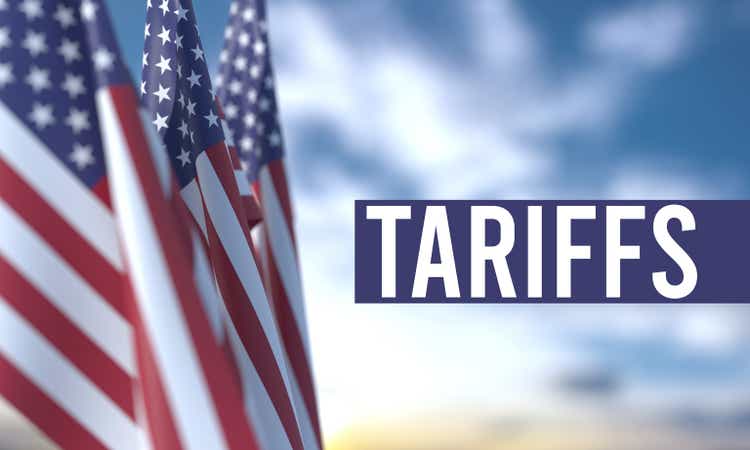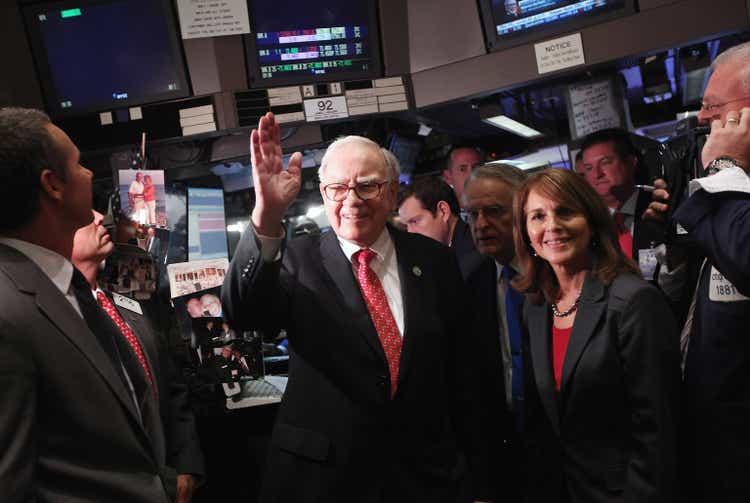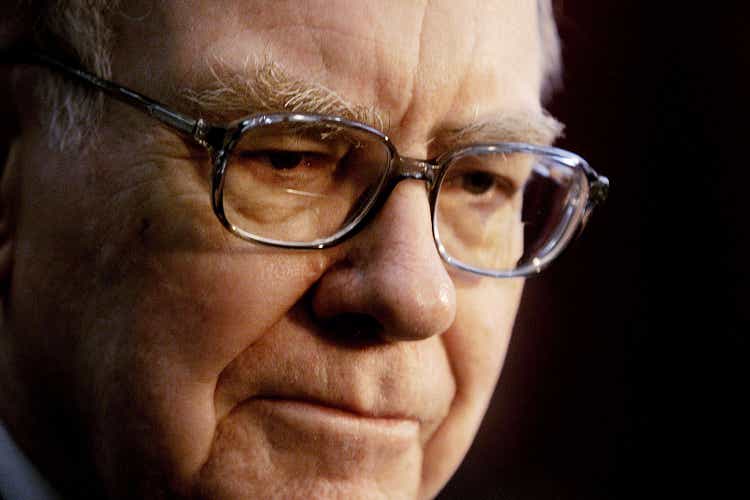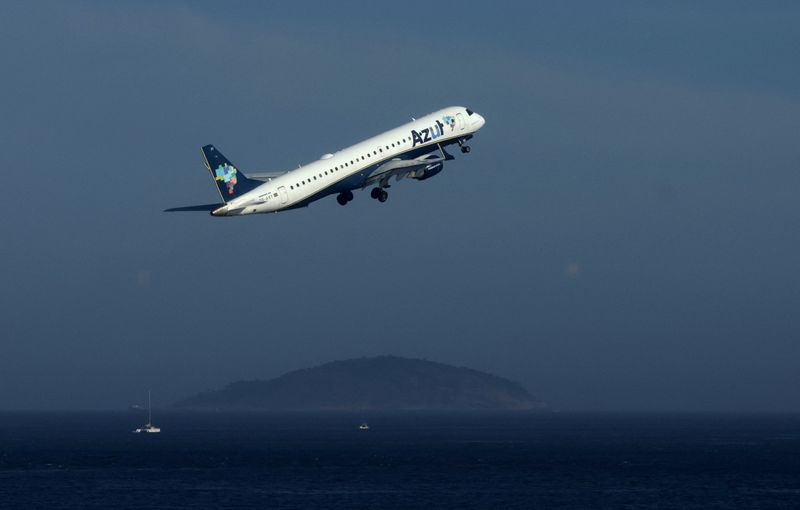Indian oil refiners continue to procure crude oil from Russian suppliers despite recent speculations about a potential halt in purchases, sources told ANI. The decisions, they said, are primarily driven by pricing, crude grade, inventory levels, logistics, and other economic considerations.
Russia, the world’s second-largest crude producer with an output of nearly 9.5 million barrels per day (mb/d), accounts for about 10% of global demand. It is also the second-largest exporter, shipping approximately 4.5 mb/d of crude and 2.3 mb/d of refined products. Fears of Russian oil being pushed out of the market had previously driven Brent crude prices to a peak of $137 per barrel in March 2022.
“In this challenging environment, India, as the world’s third-largest energy consumer with 85% dependence on crude imports, has strategically adapted its sourcing strategy to secure affordable energy while fully complying with international norms,” sources said.
Earlier this week, US President Donald Trump suggested that India may stop purchasing Russian oil, calling it “a good step” if confirmed. However, Indian officials have defended the country’s sovereign right to frame its energy policy in line with national interests.
Contrary to media reports suggesting suspension of Russian crude purchases, sources reaffirmed that Indian refiners have not halted imports. They clarified that Russian oil has never been under formal sanctions and was instead subjected to a G7/EU price-cap mechanism aimed at curbing revenue while ensuring steady global supplies. Indian Oil Marketing Companies (OMCs) have adhered to the $60 price cap set by the US and noted that unlike Iranian and Venezuelan oil—which are officially sanctioned—Russian oil imports remain legitimate.
“Had India not absorbed discounted Russian crude amid OPEC+ production cuts totaling 5.86 mb/d, global oil prices could have surged well beyond the March 2022 peak, triggering higher inflation globally,” sources added.
Additionally, the EU has remained a significant buyer of Russian liquefied natural gas (LNG), accounting for 51% of Russia’s LNG exports during this period, followed by China (21%) and Japan (18%). For pipeline gas, the EU led with 37% of imports, ahead of China (30%) and Turkey (27%).
Responding to recent remarks by US President Trump, sources reiterated that India’s energy decisions have been guided by national interest and global stability. “India’s pragmatic approach has kept oil flowing, prices stable, and markets balanced while fully respecting international frameworks,” they said.

 3 hours ago
1
3 hours ago
1






















 English (US) ·
English (US) ·